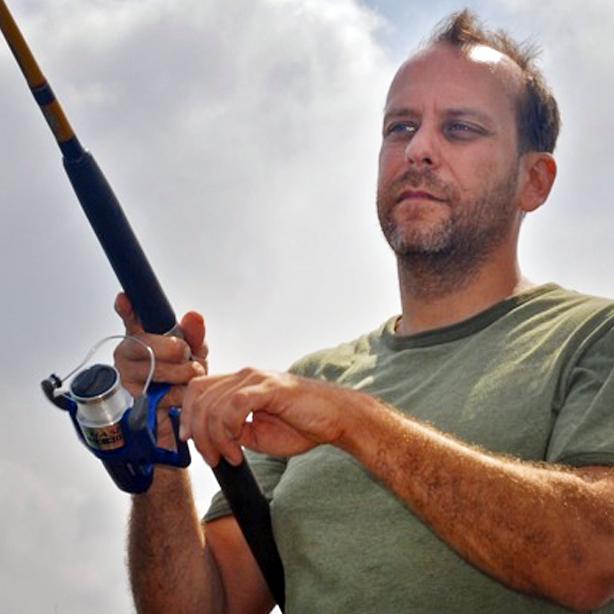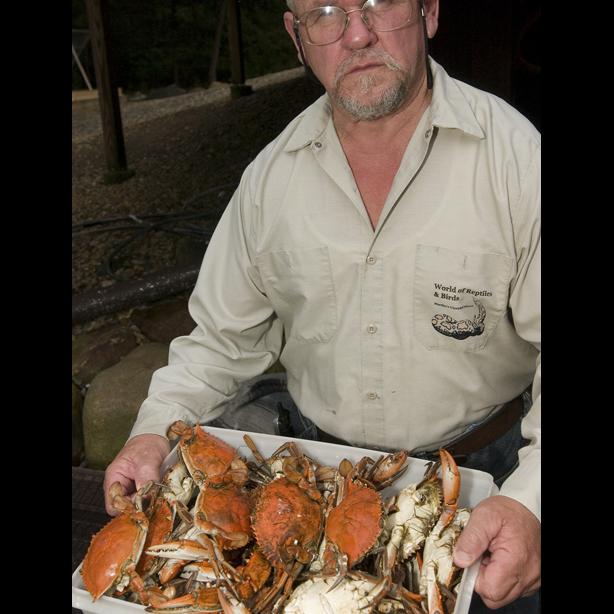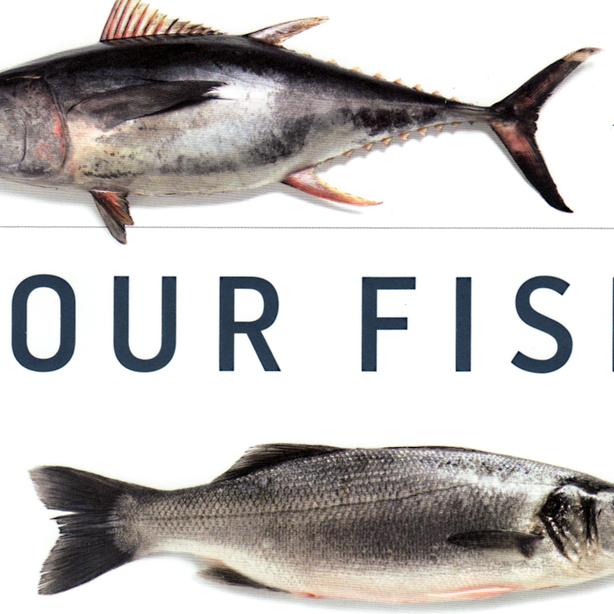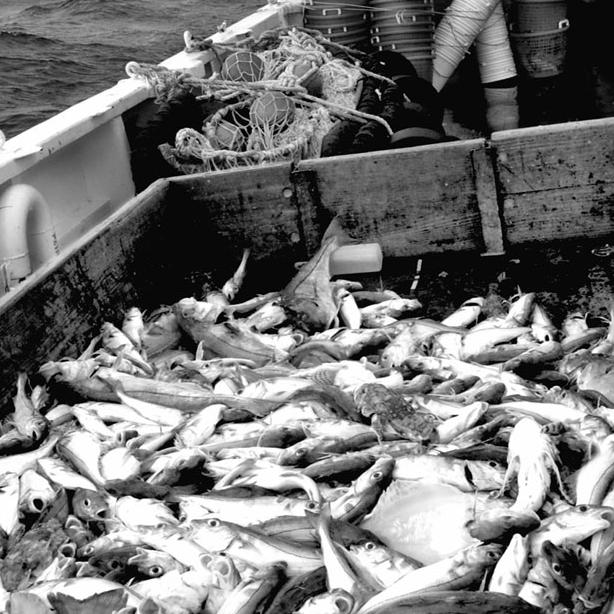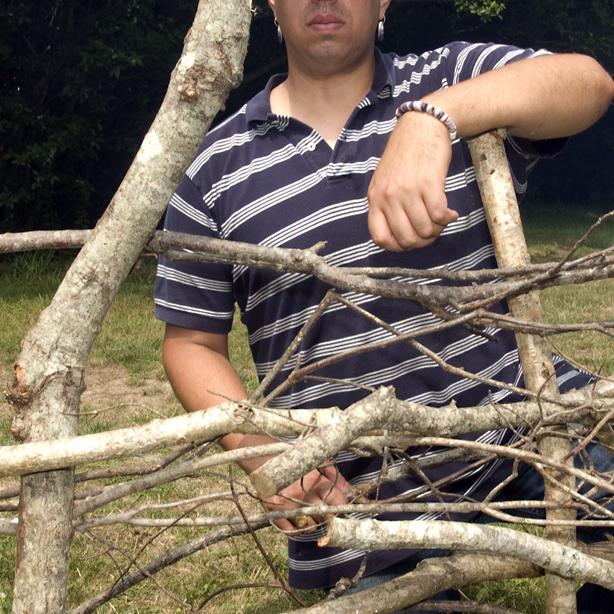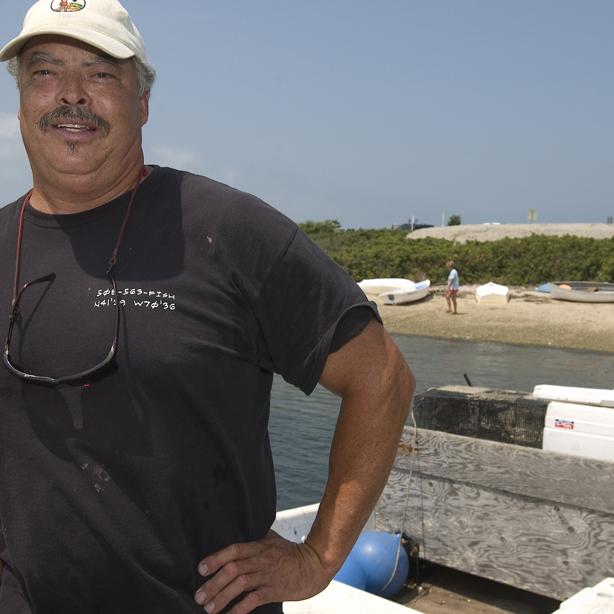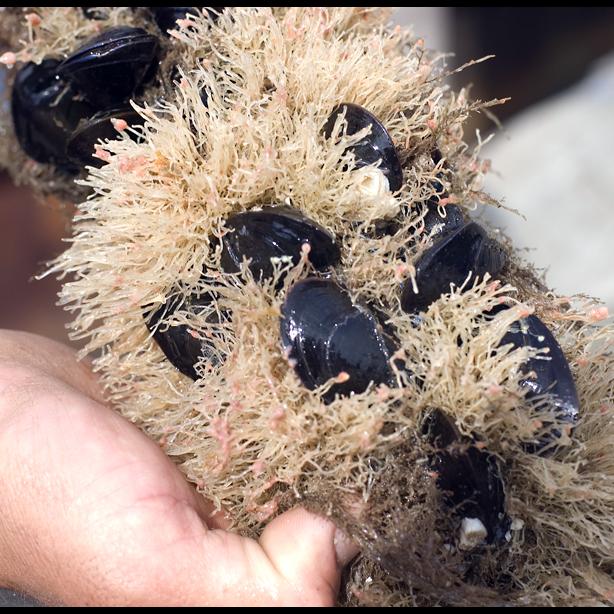Fishing
Fishing
August 26, 2010
Author Casts Lines on Past, Future for Fish
One evening when author Paul Greenberg was 10 years old his father dropped him off at Menemsha. That night he would pull six glistening iridescent squeteague from the waters around the jetty.
“I thought I was going to be rich beyond my wildest dreams,” Mr. Greenberg said in an interview at the same spot on Wednesday.
Everett Poole of Poole’s Fish Market sat Mr. Greenberg down and told him he would take the fish off his hands for 65 cents a pound. It was the first fish he ever sold.
August 26, 2010
Whither Striped Bass?
The commercial striped bass season ended last Monday and Alec Gale of West Tisbury said it was the worst season he has seen in the six years he has been hauling fish to the mainland for the local anglers. “It was a slow season, and it wasn’t because of overfishing,” Mr. Gale said. “I think it was a lack of bait and the warm water temperature.”
August 19, 2010
Fluke, Bass Season Ends
Fluke, Bass Season Ends
Striped bass and fluke are a prime item this weekend in fish markets and in restaurants. And that will be it for the season. Due to the fact that state quotas have been met, the commercial striped bass season will close on Monday, August 23, and the commercial fluke season will close on Wednesday, August 25. The state estimates the 1.12 million-pound quota for striped bass and 846,667-pound quota for fluke have been met. Fish markets will likely have fish for a few days after the fishery closes.
August 19, 2010
Crab Hunt
Blue crab is a Vineyard seafood delicacy. For many years, the idea of eating blue crab here was kept quiet among those who knew where to find them. They were the Vineyard’s secret seafood.
But increasing awareness of the health of the Island’s great ponds has moved the topic above a whisper; the only secret now is where.
August 19, 2010
Eat, Fish, Love: Shore Up on Wild Food
FOUR FISH: The Future of the Last Wild Food. By Paul Greenberg. Penguin Press, New York, N.Y. July 2010. 304 pages. $25.95, hardcover.
The title is too narrow. Don’t think for a moment this is a book only about salmon, cod, bass and tuna. The book goes beyond the history and plight of four fish, to our hunger for fresh fish of all kinds. For anyone who wonders where the swordfish went, how we emerged from the collapse of the whale fishery, or simply which fish is safe to order at the restaurant, Four Fish offers much.
August 12, 2010
Elusive Bonito
It should be bonito season. The water is warm, well into the 70s. There are plenty of sand eels swimming near the shoreline and there are plenty of terns overhead feeding. The bonito should be here. But they mostly aren’t.
August 5, 2010
Hope is the Thing With Scales
In 1978 all the fish I cared about died. They were the biggest largemouth bass I had ever seen, and they lived in a pond ten minutes’ walk from my house on a large estate in the backwoods of Greenwich, Connecticut, perhaps the most famously wealthy town in America. We did not own the house, the estate, the pond, or the largemouth bass, but I still thought of the fish as my fish. I had found them, and the pond was my rightful hunting ground.
August 5, 2010
Rare Weirs
The Vineyard has no fish weirs these days. The trapping technique, catching fish by way of corralling them against walls of branches, timber and spiles strewn with nets, is no longer used here.
On Wednesday afternoon, however, Jonathan James-Perry, 33, a storyteller and historian with the Aquinnah Cultural Center, gave a talk about the use of fish weirs by the Wampanoag Indians of this region. In a time when the ocean was bubbling with a lot more fish than are there now, a fish weir was an effective way to catch fish.
July 29, 2010
Quiet One’s Actions Speak Loudly
Brian (Chip) Vanderhoop, 49, saved the livelihoods of a lot of fishermen as the U.S. Coast Guard boathouse burned. The Aquinnah harbor master and shellfish constable would prefer little notice; it is just out of character for him to talk much about himself or to pose for a photograph. Of his five Vanderhoop siblings, he is the quiet one.
July 29, 2010
Mussel Farming
The first blue mussels on the experimental offshore mussel farm in Vineyard waters will be harvested in the coming weeks. The mussels are large enough to go to market, according to Scott Lindell, an aquaculture specialist with the Woods Hole Marine Biological Laboratory.
There are two small farms. One is north of Chilmark; the second is west of Noman’s Land. Two Island fishermen, Alec Gale of West Tisbury and Tim Broderick of Chilmark, are tending the farms with a 55-foot workboat, the Jane Lee, out of Menemsha.

